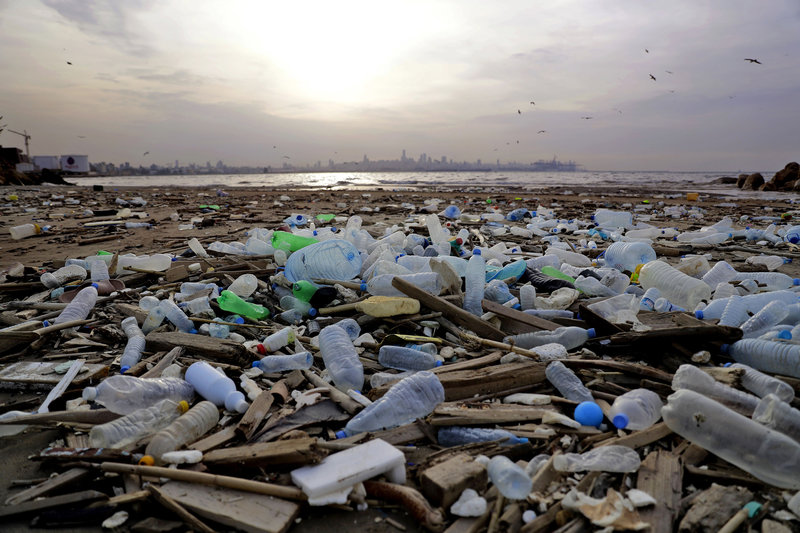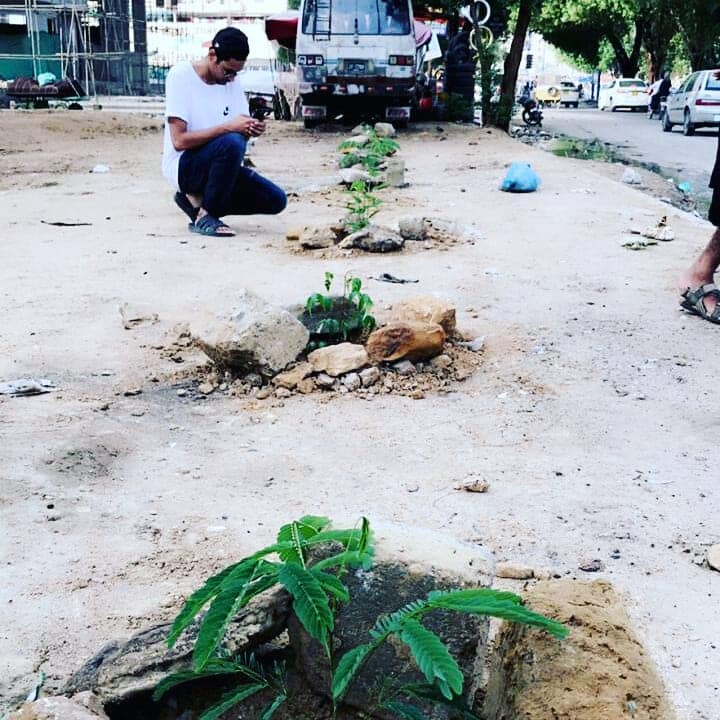KARACHI: April 22 marks the 50th Earth Day, with world going through terribly uncertain times in the midst of the coronavirus pandemic. There is, however, a silver lining: the pandemic has taught us more about our planet.
Lockdown = Earth breathes
As people retreat indoors in quarantine and business and travel shuts down, we’re finding out how ecosystems respond to the absence of humans in public spaces.
For starters, the Earth is breathing as air pollution levels go significantly down.
According to Vox, China witnessed a 40% decline in nitrogen dioxide. Get this, one researcher claimed that the decline in air pollution saved 20 times as many lives as were lost to the coronavirus. That’s how much a difference it can make to stay in.
Further, clearer skies are more evident around the world including India, where some have spotted the Himalayas from thousands of miles away after decades as air pollution levels declined.
However, clearer skies have come at an economic and social cost. But it’s a stepping stone for world leaders to figure out how to cut air pollution, which we now know can be done within weeks, but in a way that doesn’t affect the livelihoods of people and economies around the world.
Treatment of animals
By now we know that COVID-19 originated in wild bats which was then transferred to humans. And there could be more viruses we don’t even know about. What’s clear is that encroaching into wildlife and containing animals that aren’t meant to be contained has allowed viruses to adapt to their new surroundings and find a home in the human species.
Scientists have warned that we could be looking at more potential pandemic viruses in the future unless we stop messing with ecosystems, invest in climate change research and projects and adopt a healthier lifestyle.
Australia bushfires
If we needed any more proof of the devastating effects of rapid climate change, we witnessed it in Australia at the beginning of 2020. Bushfires as a result of rising temperatures and drought ravaged the country, killing more than one billion animals. One. Billion.
Read: Instagram model sells nudes to raise funds for Australian bushfires
Pakistan has its fair share of rising and temperature and water shortage and we can only hope that Australia’s bushfires serve as a warning sign on what’s to come so we can prepare and adopt the necessary changes.
Only four months in in 2020 and the world as we knew it has changed. On this day, as the Earth gets a little breathing room, let’s not forget the devastating cost it comes with and how it could be far worse for us and the coming generations.

 Photo by Noah Buscher on Unsplash
Photo by Noah Buscher on Unsplash











